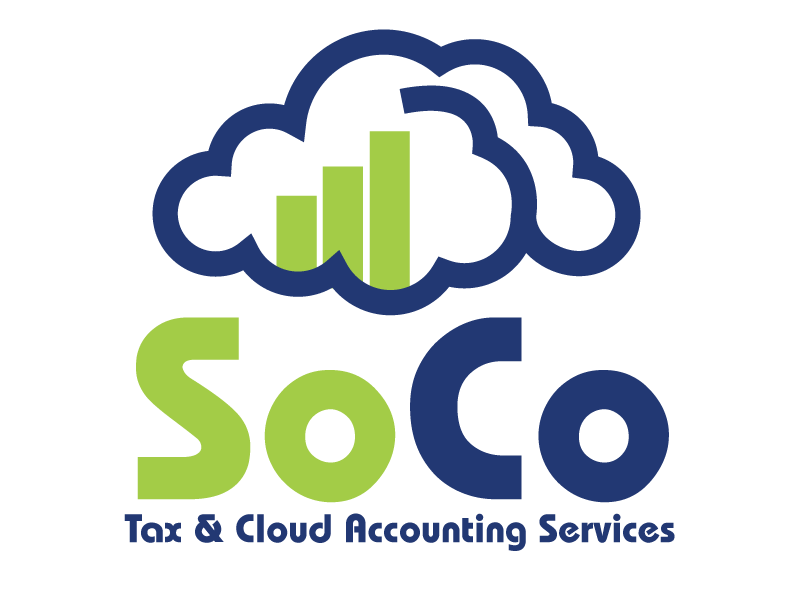How to Prepare your Small Business for the Next Economic Downturn
While no one knows when the next recession will be, its only inevitable. Recessions are an inconvenient reality which affect everyone in one way or another. They are sometimes unexpected, but always a near guarantee for the economy. While there is no definitive way to know when the next recession will be, taking proper precautionary measures will ensure you protect yourself and your business in turbulent times.
Despite news of a record employment rate, a declining housing market fueled with rising interest rates may signal a recession is closer than we may think.
What is a Recession?
In technical terms, a recession is defined as a period where Gross Domestic Product (GDP) falls for two consecutive quarters. This is usually signaled by a rising unemployment rate, declining real estate, stock market, and overall poorer business outlook for firms. The potential triggers for a recession are endless ranging from stock market panics, to rising interest rates, bad debts, to even global events outside of our control. The purpose of this article is to help educate and ensure you’re ready for when such a downturn occurs.
As stated in the introduction, a recession could be caused by high interest rates, in such event, the federal reserve will often resort to reducing said rates to promote economic activity. This means cheaper loans and an opportunity for you to sustain or even expand your business when in crises. This line of credit however will only be afforded to you if you are able to maintain good credit. This means having a history of paying bills and other obligations on time.
As a company’s activity begins to slow down, they often find themselves mistakenly delaying their obligations rather than practicing other forms of austerity. This faulty method will result in bad credit and inevitably make it difficult for your firm to secure a loan when it’s severely needed. Instead, ensure healthy liquidity and cash flow of the firm. This means maintaining stable clients who provide you with constant business to keep your firm running.
How to React to a Recession
Building off on stable clients, diversifying your business and clientele is an excellent way to mitigate the effects of a recession. If your entire business is focused on clients of one industry, such as construction, your company won’t be able to operate if a recession has suspended all development projects. This may not be viable for many small firms, but nonetheless could serve as a lifeline for some firms.
Figuring out your company’s break-even point and optimizing your work flow is another precautionary measure all firms should do. When business is good, firms will often neglect optimizing their production process or calculating their breakeven point because a high flow of business will cover costly flaws in your work flow. In practical terms, this could be corrected by replacing outdated equipment/machinery while you can still afford to do so and working with a tax and accounting firm such as ours to understand the financial standing and obligations of your company.
